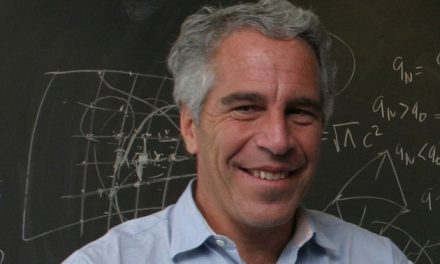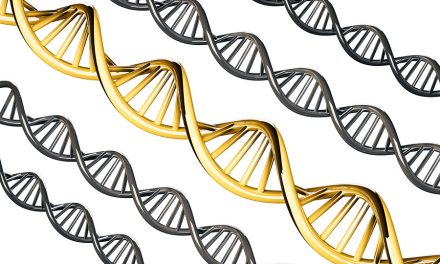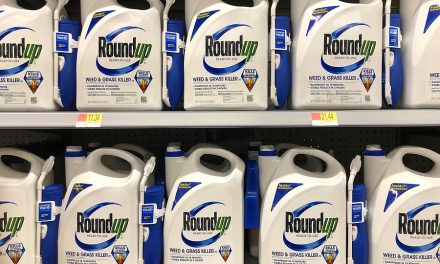 By Brandon Keim
By Brandon Keim
Is the USDA Silencing Scientists?
Late last year, Jonathan Lundgren, a South Dakota-based entomologist with the U.S. Department of Agriculture, submitted an article to the scientific journalNaturwissenschaften. It described how clothianidin—one of a controversial class of pesticides called neonicotinoids—harmed monarch butterflies. The paper was accepted. Then, in February, a supervisor confronted Lundgren. She informed him that the paper shouldn’t have been submitted without official approval. It was sensitive.
Not long after, the National Academy of Sciences scheduled Lundgren to give a presentation on the effects of genetically modified crops on farmland ecology. As is customary, the NAS would pay for his travel to Washington, D.C. Lundgren accepted, but didn’t complete the requisite agency paperwork—something that’s technically against the rules, but not unusual, with scientists instead filing when they return. Lundgren was reportedly boarding the plane when instructed to return home and reimburse airfare costs out of his own pocket.
The agency’s own guidelines also state that scientists “should refrain from making statements that could be construed as being judgments … on USDA or any other federal government policy, either intentionally or inadvertently.” That open-ended language—is there any important agricultural research question that doesn’t touch on policy?—seems to invite politically motivated interference with science.
“You can do whatever science you like, so long as it doesn’t have real-world implications,” says Ruch. “That’s a curious stance.” Some attribute these measures to the heavy hand of companies that profit from controversial practices and hold considerable sway within the USDA. Indeed, the USDA has relied on industry-friendly interpretations of science in several recent high-profile actions, including approvals of new genetically modified crops and criticisms of an Environmental Protection Agency neonicotinoid review.
“For the USDA to say that EPA’s analysis was flawed, without any evidence to back that up, was really disconcerting,” says Scott Black, the executive director of the Xerces Society, a conservation group active in neonicotinoid debates. “For USDA to stifle Dr. Lundgren’s objective and quality research, not to mention casting a shadow over legitimate scientific debate, is perhaps even more so.”
Others see a less nefarious USDA desire to avoid bitter controversies between industry and activists, at least in public. Whatever the reasons, it’s a disturbing pattern. Nearly half of America’s surface is devoted to food production; agriculture affects everyone. And though public debate over pesticides and genetic engineering often descends into hyperbolic posturing, questions about their harms and benefits desperately need to be studied.
It’s hard to make good decisions without good facts. If scientists tiptoe around the most important issues in their field, we’ll get neither. That’s why, when President Obama took office, he pledged to restore a scientific integrity corroded during the Bush Administration, when government science was routinely distorted to fit political ends. On our farms, that might still be the case.
 ABOUT THE FOUNDER OF HEALTH NUT NEWS
ABOUT THE FOUNDER OF HEALTH NUT NEWSP.S. You can subscribe to her Youtube Channel for breaking news, giveaways and more











